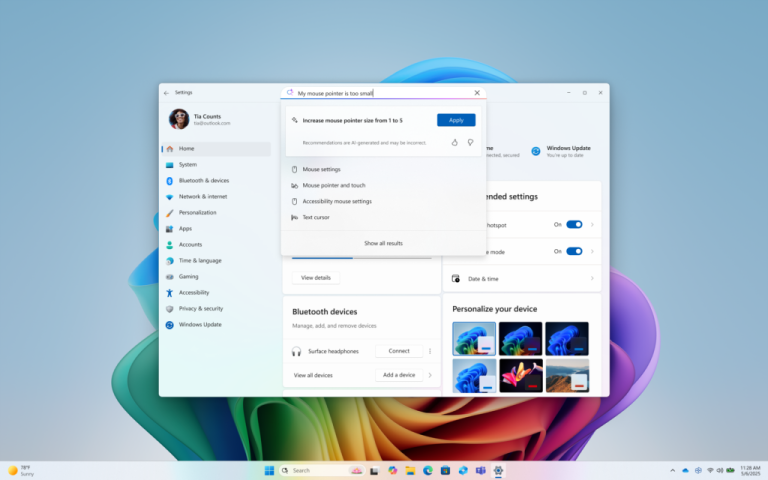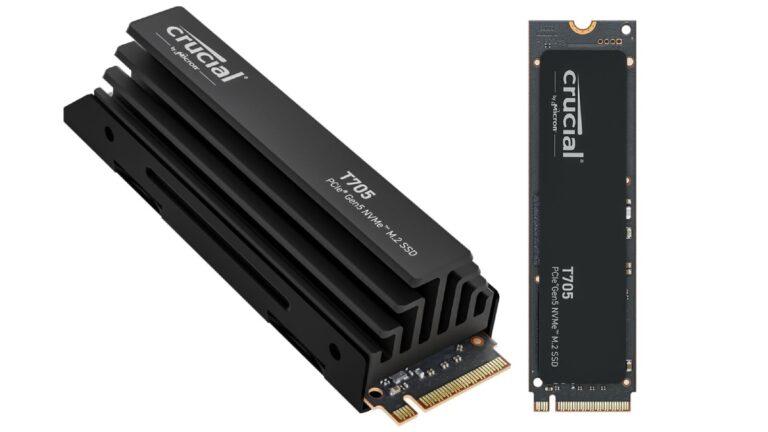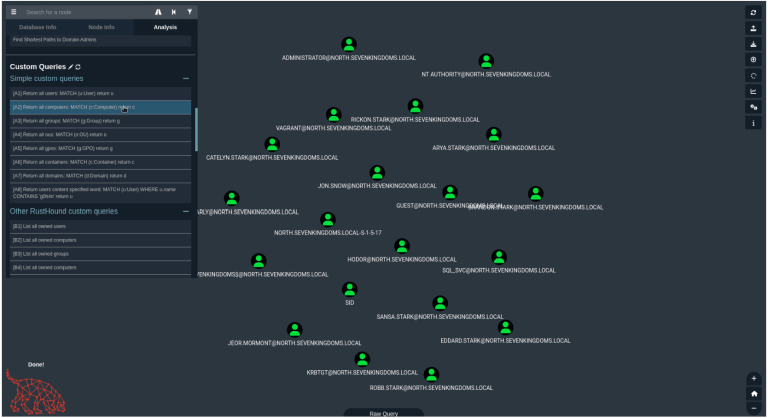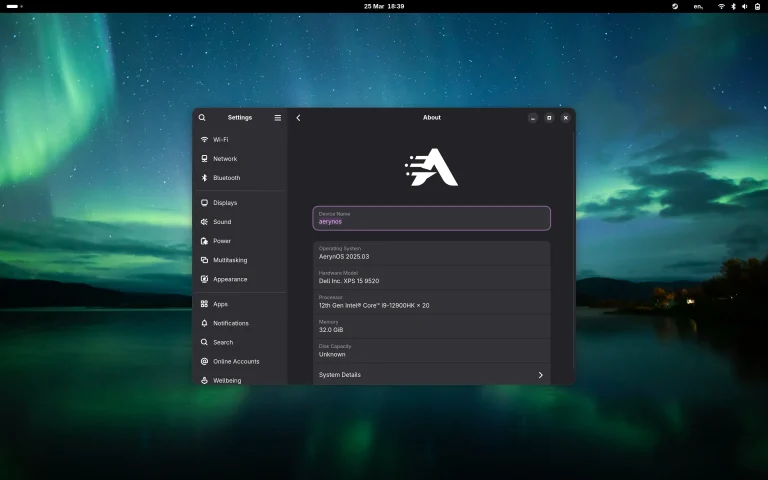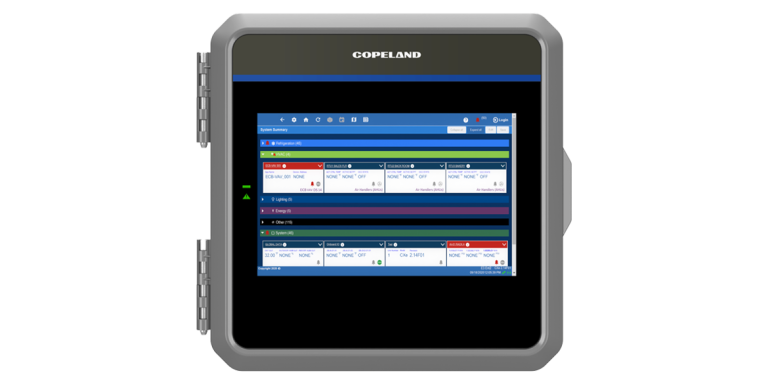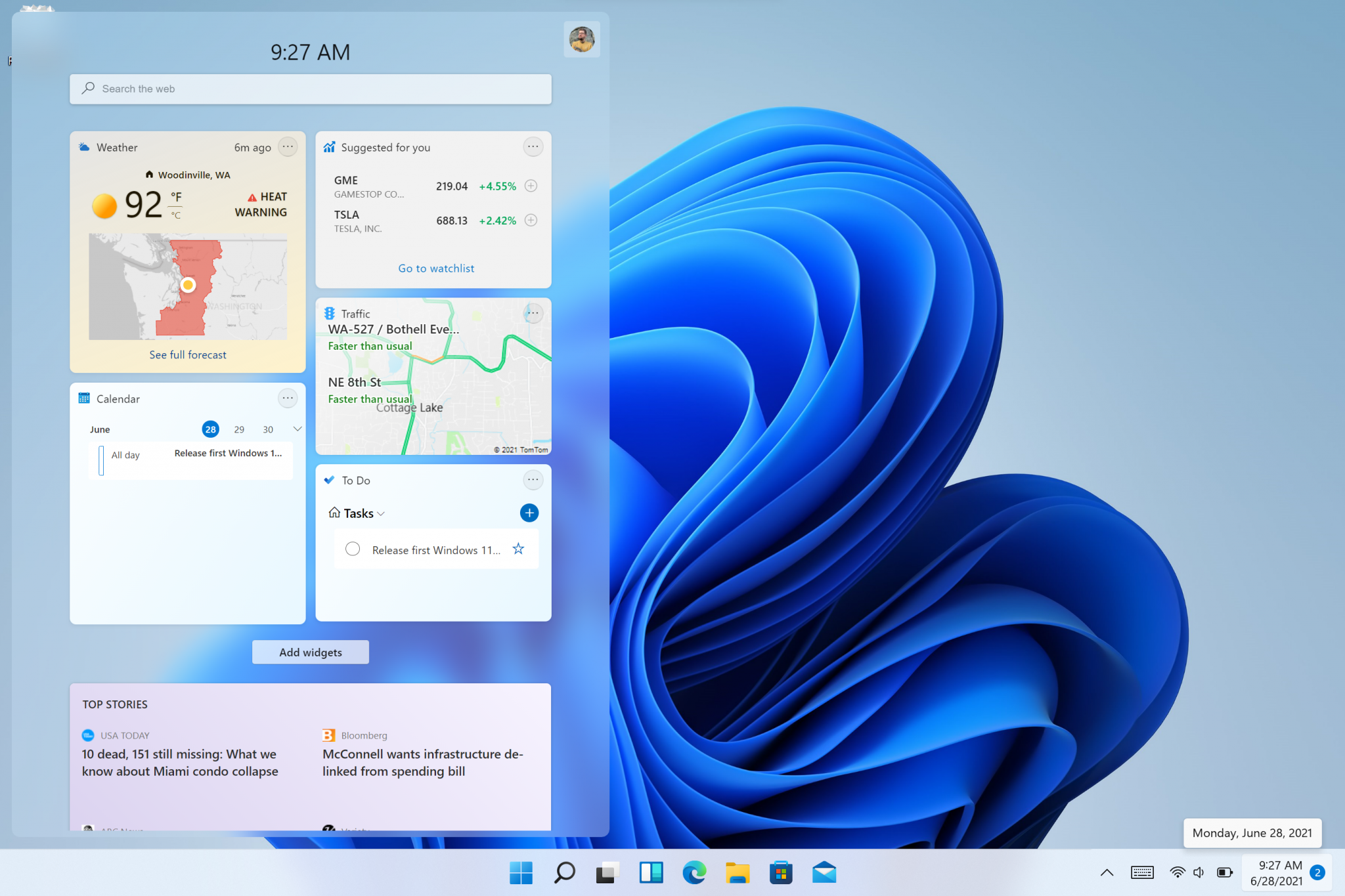
The debate about the minimum hardware requirements of the Windows 11 system has not stopped, but it seems that now Microsoft has a tendency to compromise, but there are still restrictions.
According to Microsoft’s previously announced support documents, in order to upgrade Windows 11, you must use a supported processor, enable the security chip, and use secure boot.
This means that quite a lot of old processors cannot be upgraded to the latest version because according to the list announced by Microsoft, the Intel series can only be upgraded from the eighth generation.

Now Microsoft has announced that some of Intel’s seventh-generation processors will be included in the support list. At the same time, Microsoft has confirmed that it will no longer restrict users from manually installing Windows 11 systems.
It needs to be emphasized that what Windows officially supports is still the processors with TPM chips, but users can operate at their own discretion outside the scope of Microsoft.
The company confirmed that for unsupported processors, users can perform manual upgrades through media creation tools or official version image files, which will not be restricted.
After performing the upgrade through this offline deployment method, the device will not be able to receive updates from Microsoft, which means that Microsoft does not support these devices.
However, subsequent users can still download the new image file through other channels and continue to update manually. Although it is troublesome, at least it can be installed and upgraded normally now. Unfortunately, the security chip is still a prerequisite. Now TPM 1.2 devices can also be deployed offline.
Microsoft’s release of restrictions this time is largely due to the protests of a large number of users.
After the processor limit is lifted, it should be possible for many users who use old processors to deploy by themselves. This operation by Microsoft can be regarded as alleviating the conflict with users.
It is just that the restriction of security chips will still abandon many users, many devices could not be equipped with security chips for various reasons.
The absence of a security chip means that Windows 11 cannot be installed or upgraded directly, so even if the TPM is reduced from 2.0 to 1.2, it is still a troublesome problem.
Of course, there will definitely be other ways to bypass the restrictions and upgrade to Windows 11.
